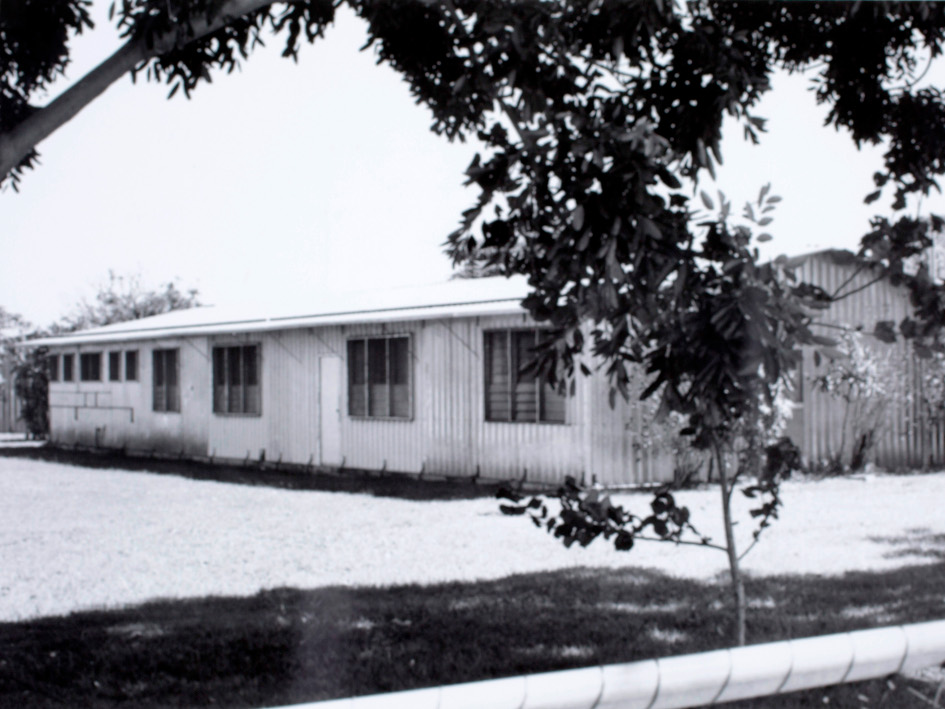Indigenous churches under the Australian Indigenous Ministries (AIM) banner have been shielded from the compensation battle over child sexual abuse at institutions run by the former mission society.
A court case brought by a former resident of the AIM-run Retta Dixon home in Darwin has been settled with the complainant’s team claiming success against AIM and the Commonwealth.
The ABC reports the man launched a civil lawsuit seeking compensation for sexual abuse he suffered at the hands of other boys at the home as a young child. Other complainants took part in an earlier class action, at the home which was examined by the Royal Commission into the Institutional Response in to Child Sexual Abuse. Many of the children who lived at the home now identify themselves as members of the Stolen Generations. The Royal Commission which featured the accounts of ten former residents, criticised AIM, the Commonwealth and the NT police.
The terms of the settlement are confidential. But the Chair of AIM Peter Dixon (no relation to Retta Dixon) tells The Other Cheek that they regard successful settlement as an answer to prayer.
“We were not denying that” he says responding to the ABC report claiming that AIM had denied that it was the organisation responsible. AIM is clear that it is the successor body to the old name, Aboriginal Inland Mission.
Rather, he explained, AIM the missionary organisation wanted to take responsibility. A separately incorporated property trust that holds Churches in indigenous communities was not included in the settlement after the Commonwealth accepted it was not responsible.
AIM churches across Queensland, the NT and NSW are run by community leaders, no longer by the missionaries.
This reflects the process of AIM becoming an agency that supports indigenous Christians, with no sense of non-aboriginal missionaries being “in charge.” AIM now sees itself as a support ministry to Aboriginal churches, Dixon tells The Other Cheek.
“We were saying the proper successor was the incorporated body [AIM the missionary society], which, in those days also was not incorporated, but we were, we were accepting responsibility as the incorporated body, Dixon recounts. “And, and not as the trustee company [which holds the community churches.“
AIM operates as a traditional “faith mission” with a mixture of full-time missionaries living off donations, alongside “tentmaker” workers. This hand-to-mouth existence led to AIM not being accepted into the national redress scheme as it was judged unable to support payments. This may have been due to the cluster of complainants and compensation needed that were produced by the Retta Dixon Home, where complaints of sexual abuse were ignored or disbelieved by superintendents.
During the years in the first half of the last century that Retta Dixon led the mission initially with her husband Leonard Long who died much earlier than her, she sought to foster an Aboriginal-led Ministry.
She founded a Bible College at Singleton in NSW, which has resulted in other allegations of abuse. In that instance the Commonwealth was not involved, AIM is responsible. The number of complainants is not yet known. There are also lawsuits in Queensland, Dixon tells The Other Cheek.
“Well, we really want to help those who’ve been abused. We wanna assist sincerely,, apologise, and we pray that despite the abuse, they will find God and Jesus,” says Dixon. “And we do keep praying that God will raise up more support workers and that we will be able to continue to support Aboriginal churches growing.”
Image: Retta Dixon home in 1985: Janet Chaloupka Collection – Northern Territory Library

